Little Woods stars Tessa Thompson as Oleander (a.k.a. Ollie), a woman living in North Dakota who’s on probation for selling medication to townsfolk in an effort to provide them access to healthcare. Ollie has left this part of her life behind her after getting caught, but this changes when her sister Deb (Lily James) comes to her in a desperate plea for help — she needs to find a way to afford an abortion, and fast. In an effort to help her sister, Ollie returns to her crusade, only to suffer through various obstacles along the way. A brilliant feature debut by Nia DaCosta, Little Woods tells a powerful story of family and the lengths people go to in order to protect their loved ones.
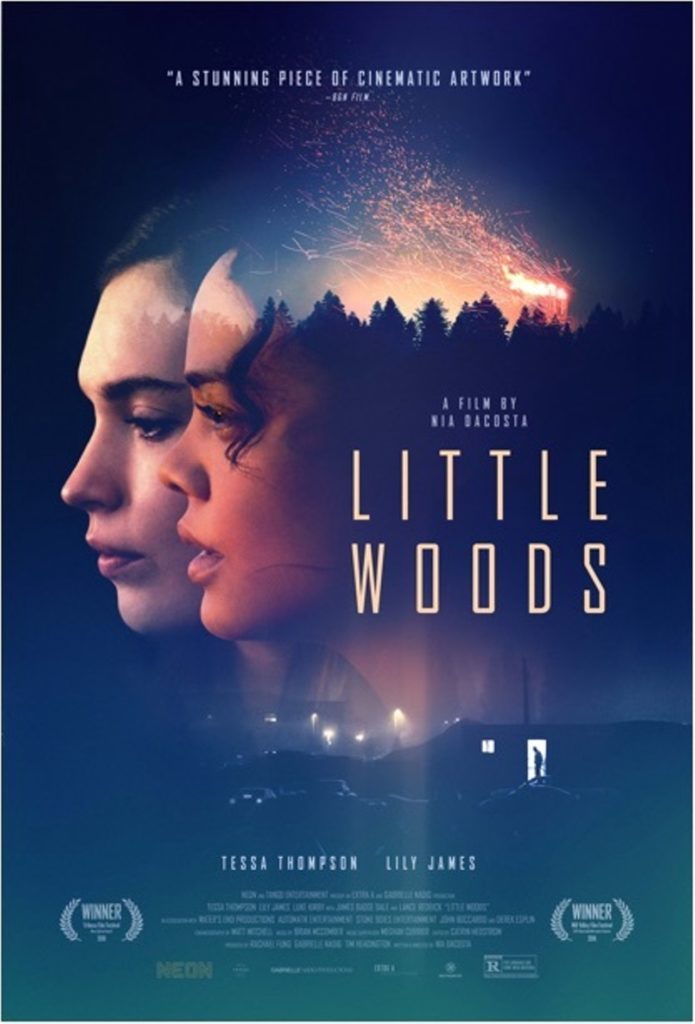
Little Woods is a fresh take on the western genre that both critiques the male-centric lens westerns are typically told through while touching upon important issues such as reproductive rights. The performances given by Thompson and James are outstanding and powerful in their subtlety and nuance. Though the acting is all-around fantastic, the two leading women make the film what it is, and the relationship between them acts as an emotional tether for the audience. They’re family, and despite any fights the two may have, they clearly love and care for one another deeply and would do anything to protect the other.
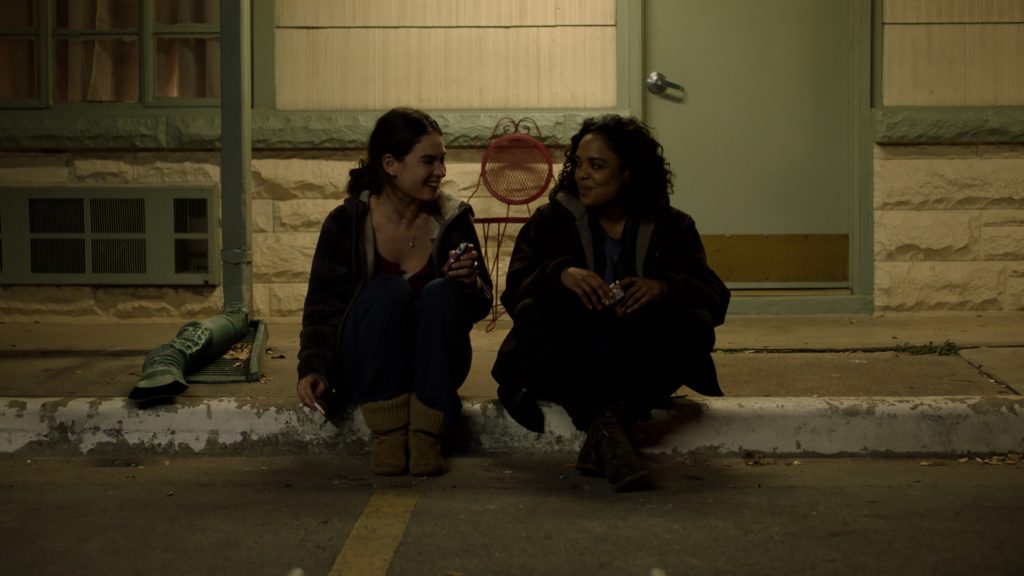
Ollie and Deb’s actions are often dangerous, with huge risks involved, but the depth of their bond with each other makes these actions believable and understandable. It is impossible to not sympathize with these women and their struggles. Little Woods examines the misogyny and classism often inherent in the healthcare industry deftly, and this critique is vital to the overall story.
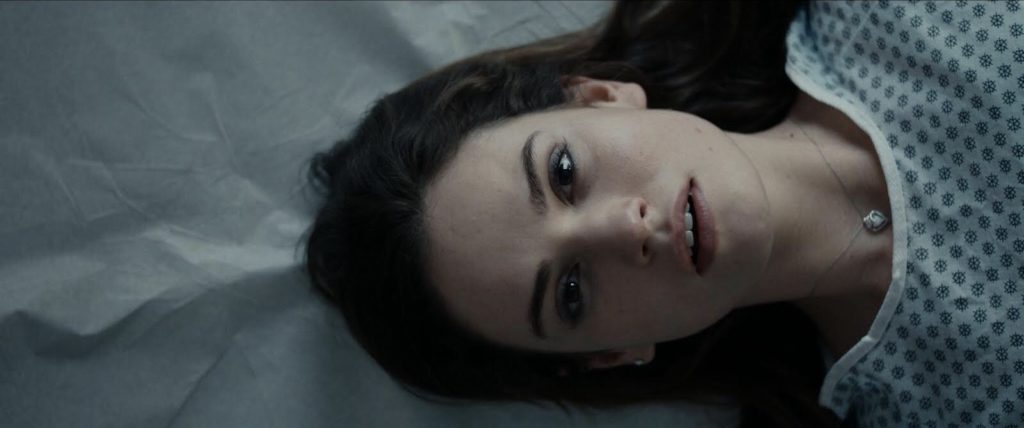
Little Woods is at its finest in the tenser scenes throughout the film. Though I won’t delve too deeply into spoilers, there are plenty of scenes that had me at the edge of my seat with bated breath, fearing what would happen next. This movie does not ignore the realities of being a woman in a society that puts them at a disadvantage, and there are many moments throughout where Little Woods presents this imbalance in a painfully realistic way. Ollie and Deb are struggling because of the disadvantages put upon them by classism and misogyny, and the two things are inextricably linked in this story.
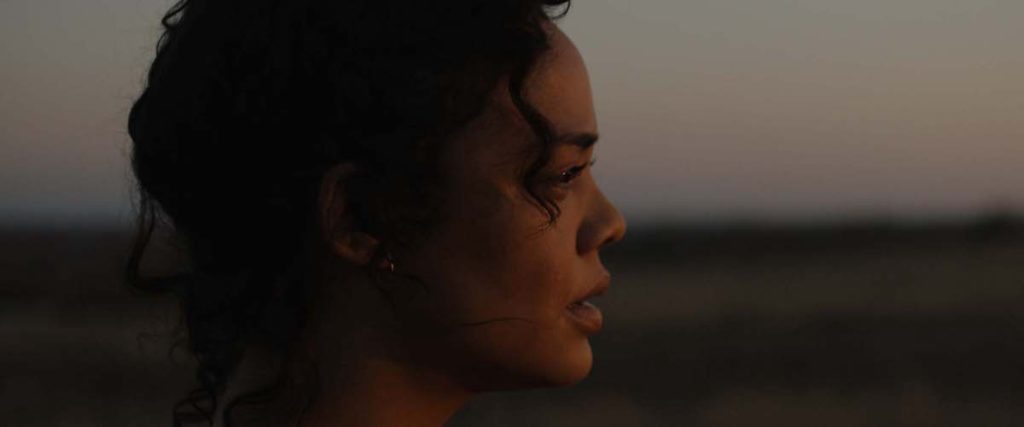
Though one might expect Little Woods to have a tragic ending where the world comes crumbling down upon Ollie and Deb, DaCosta puts a refreshing spin on a genre that is known to end in tragedy. The women in this film are not condemned nor punished for their actions but are rather meant to be empathized with, despite being in positions where women would typically be (and have been) villainized. DaCosta leaves this condemnation and punishment behind in Little Woods, and the result is a breathtaking story of two sisters, struggling to make it by in a society that repeatedly tries to push them down. There are scenes that are tough to watch, but the performances and script make it difficult to look away.
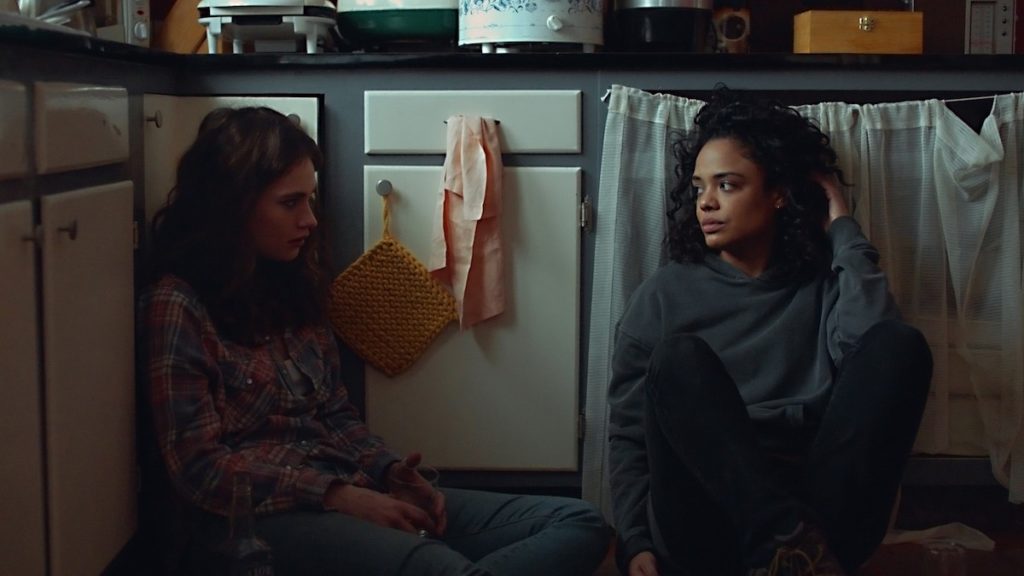
Little Woods is an astonishingly well-done directorial debut, cementing DaCosta as a director to be watched out for. It is real, painful, and beautiful all at once, and though it doesn’t stray away from depressing subject matter, there isn’t a point where it the movie doesn’t feel relevant to the world today.

(This article was originally published by Marisa Jones on Medium.)
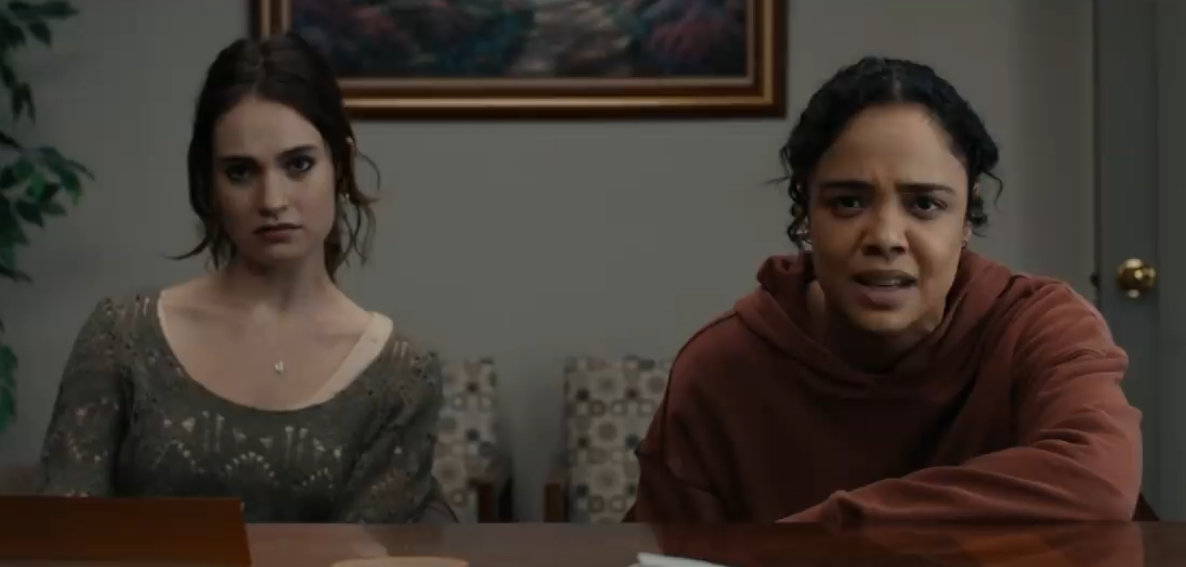
Comments